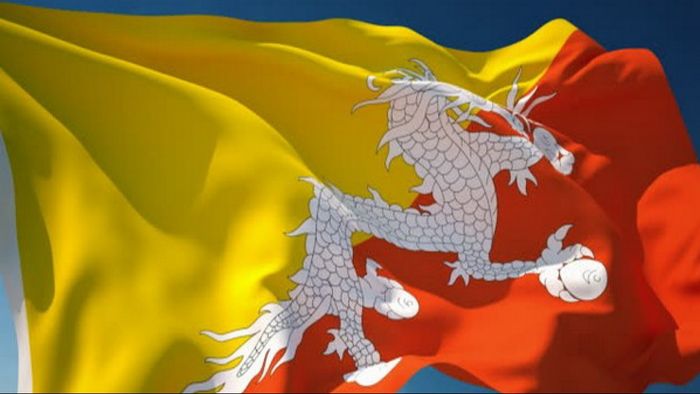Bhutan votes in final round of national elections amidst economic crisis
Bhutan conducted the final round of its national parliamentary elections, marking a significant event as the country elected its fourth government since transitioning to democracy 15 years prior.

- Jan 09, 2024,
- Updated Jan 09, 2024, 3:23 PM IST
On January 9, 2024, Bhutan conducted the final round of its national parliamentary elections, marking a significant event as the country elected its fourth government since transitioning to democracy 15 years prior.
The focus of these elections was primarily on economic growth, a concern that has taken centre stage in the wake of the COVID-19 pandemic and its lingering effects on the nation's economy.
The Himalayan kingdom, with a population of fewer than 800,000 people, has been known for its unique Gross National Happiness (GNH) index, which measures success not just by economic output but also by considering factors such as mental well-being and leisure. Despite this holistic approach to development, the nation faces pressing economic challenges, including a lack of economic diversification, high unemployment rates—especially among youth—and a reliance on aid and tourism, which have struggled to rebound post-pandemic.
As voters headed to the polls, nearly half a million were eligible to select from 94 candidates representing two main political parties: the Bhutan Tendrel Party (BTP) and the People’s Democratic Party (PDP).
Also Read: Bhutan King announces mega Gelephu city project along Indo-Bhutan border
Both parties shared similar manifestos, promising to stimulate the $3 billion economy and enhance foreign exchange reserves, which had seen a decline from $759.16 million a year ago to $464.66 million at the end of October.
The election was not only about choosing a new government but also about addressing the economic woes that have led to significant emigration due to job scarcity.
Voters also expressed the need for economic growth and better salaries to support families. The parties responded with vows to promote investment and capitalize on the country's potential for hydroelectric power, agricultural growth, and climate change mitigation, recognizing Bhutan's status as the world's first carbon-negative country.
Despite the economic focus, other issues such as Bhutan's diplomatic relations and border negotiations with China were not prominent in the campaign discussions. Instead, the electorate's attention remained firmly fixed on domestic economic concerns, reflecting a mature voter base that has grown sceptical of political promises and is discreet in their voting choices.
As the polls closed and the nation awaited the results, the election marked a pivotal moment for Bhutan, with the outcome set to shape the direction of the country's economic policy and its continued pursuit of Gross National Happiness amidst real-world challenges.